SKILLED HANDS, STRONG FOUNDATIONS A Decade-Long Journey of IESC’s Role in Transforming Skills
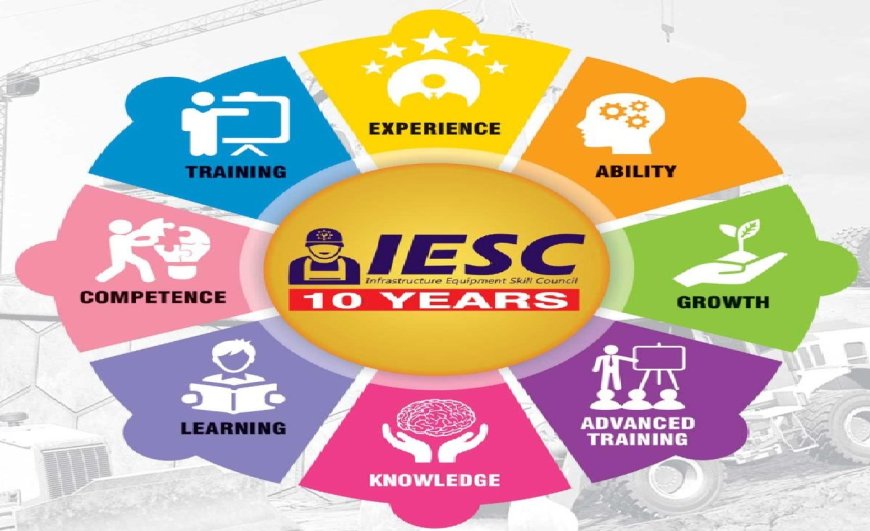
As the global construction industry continues to expand at an unprecedented rate, the demand for skilled operators in the construction equipment sector has never been higher. These operators are the backbone of any construction project, maneuvering sophisticated machinery with precision and expertise. However, the rapid pace of technological advancement in construction equipment presents a challenge: the need for continuous training and upskilling of operators to ensure they can safely and efficiently handle the latest machinery. Equipment Times delves into the transformative training and skilling initiatives shaping the future of construction equipment operation, ensuring that operators are prepared to meet the evolving demands of the construction equipment industry.
The construction sector is a key driver of economic growth worldwide, with infrastructure projects ranging from residential buildings to large-scale industrial complexes and urban development. These projects require a diverse array of equipment, from cranes and bulldozers to excavators and backhoes. Skilled operators who can manage this machinery are essential to meet project deadlines, ensure safety, and maintain high standards of quality.
However, the sector faces a significant skills gap. Many operators have traditionally learned on the job, often without formal training, leading to inconsistent skill levels and increased risk of accidents. Additionally, as machinery becomes more advanced, operators must be proficient not only in basic operation but also in using sophisticated control systems and adhering to strict safety protocols.
The construction industry has undergone significant changes over the past decade, driven by advancements in technology and increasing project demands. Modern construction equipment is now outfitted with sophisticated technology, including GPS, telematics, and automation features. These advancements promise greater efficiency and precision but also necessitate a higher level of expertise from operators.
In this rapidly evolving landscape, the traditional approach to operator training is no longer sufficient. To keep pace with technological advancements and safety standards, the industry is embracing innovative training programs that combine hands-on experience with cutting-edge technology.
The Role of IESC
Addressing this skills gap is the Infrastructure Equipment Skill Council (IESC), a pivotal organization dedicated to the training and certification of operators in the infrastructure and construction equipment sector. The IESC was established a decade back with the vision of creating a world-class skilled workforce that can meet the dynamic needs of the industry.
The impact of the IESC’s efforts is evident in numerous success stories across the industry. Operators who have undergone IESC training report higher job satisfaction, better job performance, and increased career opportunities. Construction companies benefit from having a skilled workforce that can handle complex machinery with confidence, leading to smoother project execution and fewer interruptions.
In regions with significant infrastructure development, the IESC’s training initiatives have been instrumental in creating a pool of qualified operators ready to meet the demands of large-scale projects. This has a ripple effect on the local economy, as skilled workers contribute to the timely completion of projects, attracting further investment and development.
The construction equipment sector is the lifeblood of modern infrastructure development. As the industry grows and evolves, the need for skilled operators who can safely and efficiently manage advanced machinery becomes ever more critical. The Infrastructure Equipment Skill Council’s dedicated efforts in training and skilling operators are helping to bridge the skills gap, ensuring that the construction sector can continue to thrive and innovate. Through standardized training
The IESC works closely with construction companies, equipment manufacturers, and government bodies to align its training programs with industry requirements. These partnerships ensure that the training provided is relevant and up-to-date with the latest technological advancements and industry practices.
Market Masters…
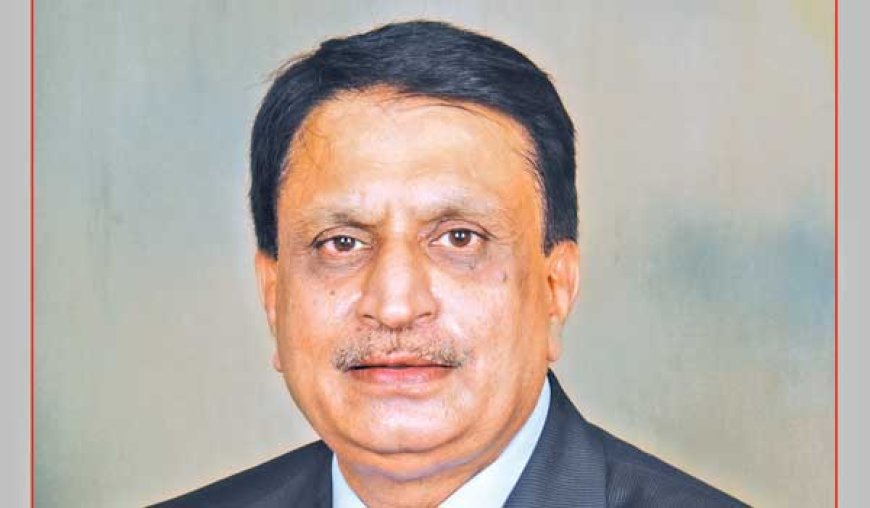
H.S. Mohan, Founder CEO, Infrastructure Equipment Skill Council (IESC), said, “IESC developed National Occupational Standards (NOS) and Qualification Packs (QPs) for 39 job roles; validated and in use by the industry; maximum at NSQF (National Skill Qualification Framework) Levels 3 and 4 Operators and Mechanics, and Level 7 for Supervisors covering over 80 per cent of workforce in the industry. All these standards were developed in close coordination with construction, mining and user industry and certified by National Council for Vocational Education and Training (NCVET) & NSDC.
The job roles of operators and, to an extent, mechanics being non- aspirational; for the first time a career progression path has been mapped, which has been appreciated in the industry.”

Vijay Kumar, CEO, Infrastructure Equipment Skill Council, IESC, said, “OEMs have a value chain that includes Vendors, their own Manufacturing units, Channel partners or Distributors and of course the End Users who are the Contractors, Construction Companies, Mining Contractors and Mining Companies that offer opportunities and linkages for Skilling and Employment. IESC is currently focused on expanding its presence across this entire value Chain. A Technology road map for the Industry is being outlined for the CE Industry. A concomitant Skills Road map is also being articulated that identifies focus areas for skilling. For example, changes in Technology necessitate introduction of modules on Telematics, Mechatronics, Automation, Safety features and so on. These can be developed and run at project sites or Training Centres. This will have an immediate impact on Equipment Productivity and Safety. Increased emphasis on using modern tools like AR/VR devices and Simulators to facilitate Training programs is also envisaged. IESC will also focus on expanding its role by actively engaging with Academia. We are in active discussions with State Governments on Introduction of Courses on Construction Equipment Technology in Engineering Colleges and Polytechnics. There is a pressing need to increase awareness of the Industry and also create a pool of Industry ready talent. IESC plans to also provide Advisory Services to Industries and Training Providers on Improved Equipment Utilization and design of Training Programs including Upskilling, Reskilling modules. Finally, IESC also proposes to leverage the International connect of its Member Companies to bring in Global Benchmarking and Best practices into our Sector.”
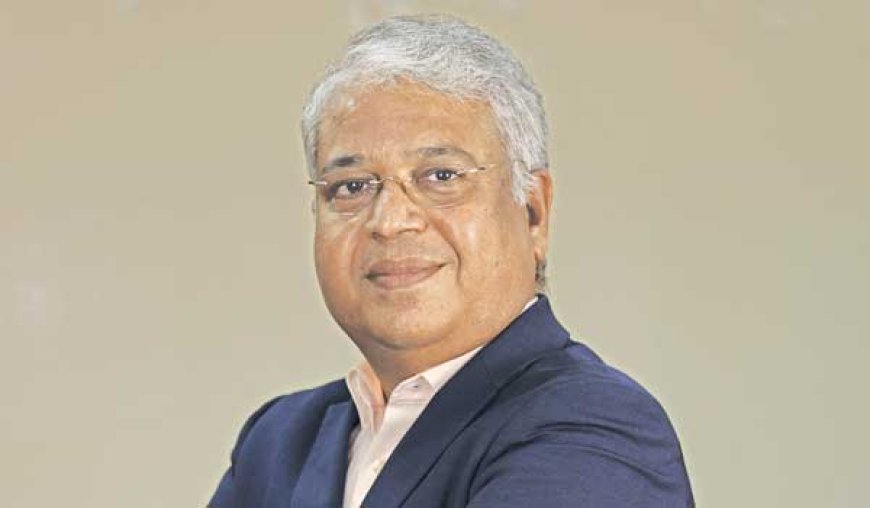
V. G. Sakthikumar, CMD, Schwing Stetter India, said, “The 10-year journey of the Infrastructure Equipment Skill Council (IESC) has been instrumental in shaping the construction equipment industry’s skill landscape in India. As an apex skilling body, IESC has set benchmarks and developed a structured framework for skilling and certification, which has greatly contributed to enhancing the competency of equipment operators. Their collaboration with industry stakeholders has ensured that the training programs are aligned with real-world demands and technological advancements. The council’s efforts have significantly uplifted the overall skill level and professionalism within the industry, setting a strong foundation for future growth.”
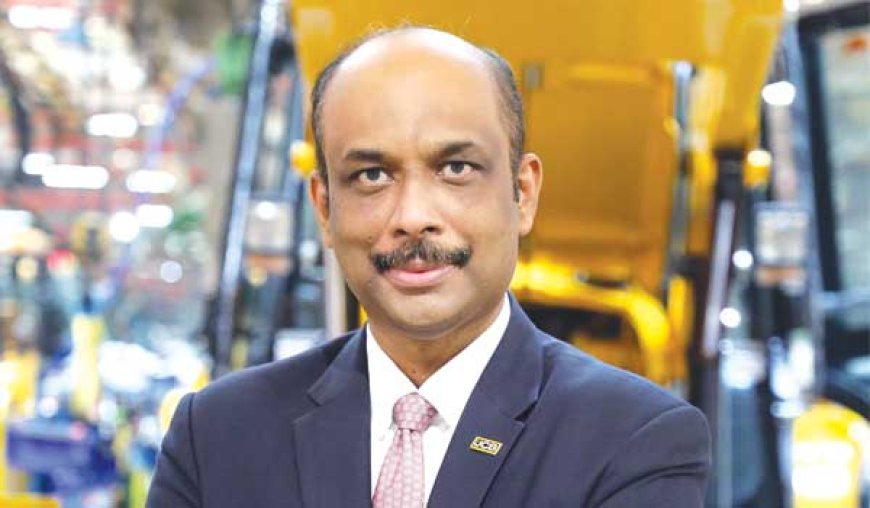
Deepak Shetty, CEO & Managing Director, JCB India, said, “Skilling is essential because, through continual innovation, machines undergo various improvements and changes in technology regularly. It is best to remain updated about the product at all times. Skilling significantly helps in making users more aware in promoting better productivity and safety on the worksite. Trained operators handle the machine professionally as compared with untrained operators. With the National Focus on skilling, we are seeing strong interest from customers who would like to engage with certified and trained operators for their machines. In addition to enrolling in JCB’s operator training schools, which we have pioneered, if the customer desires, we can also offer on-the-site training to ensure that learning takes place on the actual site condition. JCB has pioneered the setting up of Operator Training Centres for its products in India. To date, 50,000+ operators have been trained on how to use these machines safely and productively. Over 20 such training centres are today spread across India and Nepal.”

Shubhabrata Saha, MD & CEO, AJAX Engineering, said, “Since its inception in 2014, the Infrastructure Equipment Skill Council (IESC) has made significant strides as the apex skilling body for the construction equipment sector in India. Promoted by the Indian Construction Equipment Manufacturers’ Association (ICEMA) and supported by the Confederation of Indian Industries (CII) and the National Skill Development Corporation (NSDC), IESC has developed 40 job roles covering over 80% of the workforce needs in the sector. The council has accredited more than 60 training partners and certified over 800 trainers, ensuring high-quality training standards across the country. To date, IESC has successfully trained more than 50,000 personnel through its state-of-the-art operator training centers, which are supported by major construction equipment OEMs.”
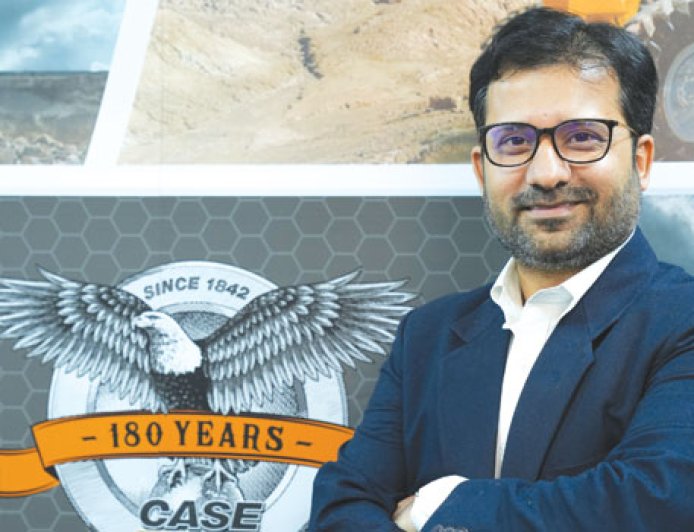
Shalabh Chaturvedi, Managing Director, CASE Construction Equipment – India & SAARC region, said, “Over the past decade, the Infrastructure Equipment Skill Council (IESC) has significantly advanced skilling in the construction equipment sector. Established in 2014 under the Ministry of Skill Development & Entrepreneurship, Government of India, IESC has been pivotal in creating a robust skilling ecosystem. Promoted by the Indian Construction Equipment Manufacturers’ Association (ICEMA) and supported by the Confederation of Indian Industries (CII), IESC exemplifies collaborative efforts in enhancing industry skills. IESC has leveraged Corporate Social Responsibility (CSR) funds from member companies and partnered with the National Skill Development Council (NSDC) to support skill development. Notable initiatives include the Excavator Operator Trainers upskilling program at Bauma Conexpo India, showcasing IESC’s dedication to continuous professional development. The council has become a catalyst for developing a workforce tailored to the infrastructure equipment sector’s needs. By offering networking platforms for construction equipment OEMs and promoting industry partnerships, IESC fosters a collaborative environment for innovation and excellence.”
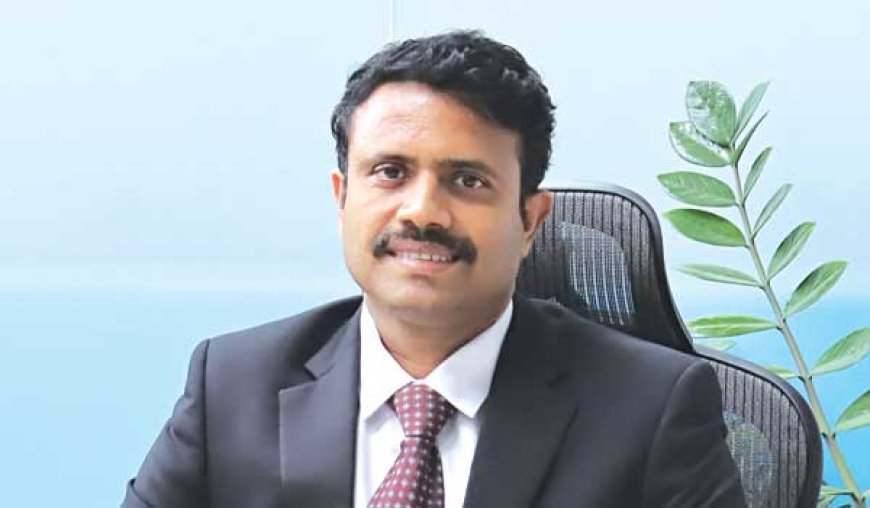
Williams R.J, Managing Director, Hailstone Innovations, said, “Infrastructure Equipment Skill Council (IESC) has been doing commendable work in the last decade. Detailed planning and fantastic execution are IESC’s strengths. Excavator Operator Trainers upskilling programme was conducted by industry experts during Bauma Conexpo India. This is just an example. Their meaningful events and collaborations run round the year. The body strives hard to realise their vision to create a sustainable industry aligned ecosystem for robust skill and entrepreneurship development in Infrastructure Equipment Sector. Team Hailstone wishes IESC all the very best for many more years to come! There is huge demand for skilled construction equipment operators in the industry. Though there are many, we still need more of them. Companies have taken upon themselves to fully train the operators with spaced out training programmes through the year.”

Moses Eddy, Director & Executive Vice President, Kobelco Construction Equipment India, said, “Over the past decade, the Infrastructure Equipment Skill Council (IESC) has established itself as a cornerstone in cultivating skilled labour for the construction equipment sector. Its journey epitomizes a narrative of transformation, characterized by innovation, collaboration, and adaptability. Through initiatives such as fostering industry-aligned training programs, advocating for technological progress, and bridging the academia-industry gap, IESC has propelled the development of a competent workforce in construction equipment operation and maintenance. Its decade-long path underscores resilience, agility in responding to industry shifts, and a steadfast dedication to enhancing employability and productivity. As a leading skilling authority, IESC shines as a catalyst for sustainable growth in the infrastructure sector.”
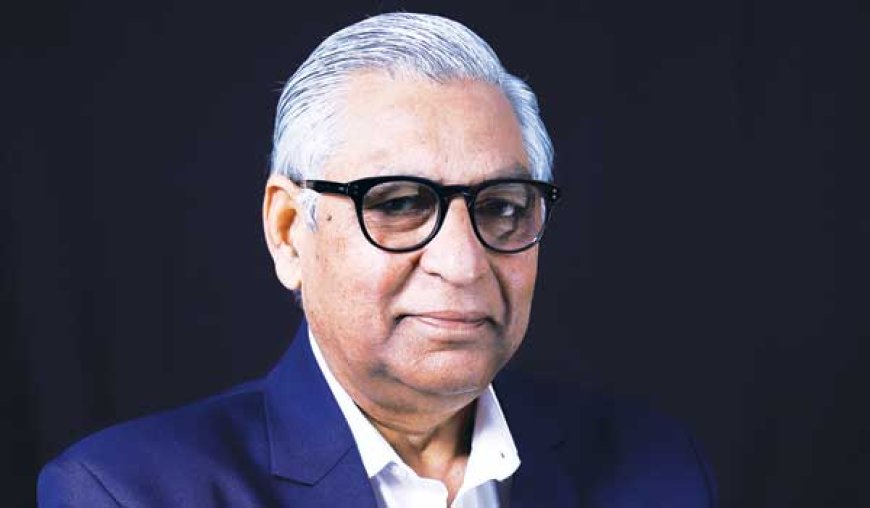
Sanjay Verma, Managing Director, CESL, said, “The 10-year journey of the Infrastructure Equipment Skill Council (IESC) has been remarkable and transformative. As an apex body, IESC has played a pivotal role in standardizing and elevating the skill levels of construction equipment operators across the country. Their efforts have not only enhanced the quality and safety of operations but have also contributed significantly to the overall growth and modernization of the construction industry. We commend their dedication to fostering a skilled workforce, which is crucial for the sustainable development of our infrastructure sector.”

Amol Sinha, Director, Product & Training, Terex, said, “The current skill level of construction equipment operators varies widely. While some operators possess advanced skills and expertise, many still require substantial training to meet industry standards. The variation largely depends on the access to quality training programs and practical experience. Terex India believes that continuous investment in skilling initiatives is essential to elevate the overall competency of operators across the industry.”
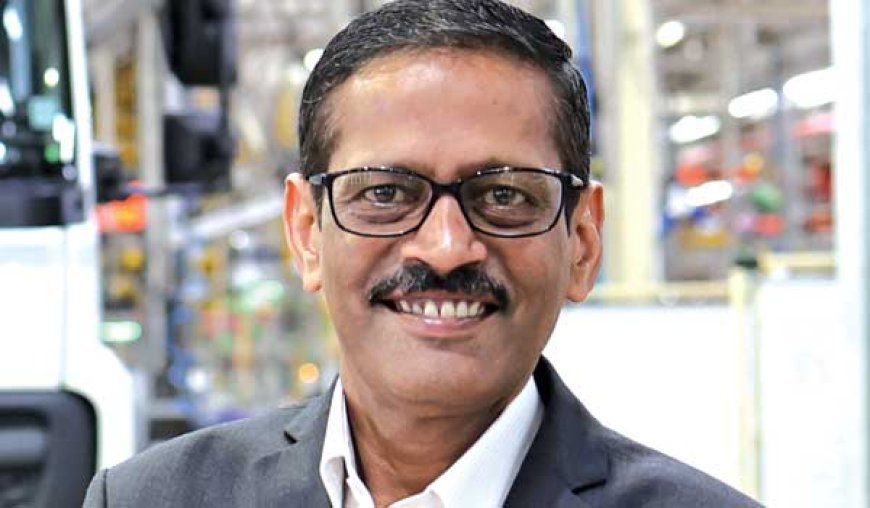
Sreeram Venkateswaran, President, and Chief Business Officer, Sales and Customer Service, Daimler India Commercial Vehicles India, said, “The construction industry is advancing rapidly, driven by technological innovations and stringent safety standards. At Daimler India Commercial Vehicles (DICV), we recognize that the skill level of heavy-duty (HD) truck and tipper operators is crucial to the success of construction projects. DICV employs a comprehensive approach to evaluating these skills, incorporating industry surveys, certification reviews, performance metrics, technical assessments, and peer reviews. Operational performance metrics, such as fuel consumption, equipment uptime, and maintenance records, offer quantitative data on operators’ proficiency.”

Tarun Jha, After Service and Parts, HD Hyundai Construction Equipment India, says, “The decade-long progression of the Infrastructure Equipment Skill Council (IESC) represents a notable achievement within the training framework of the construction equipment industry. Serving as the foremost authority in skill development, IESC has been instrumental in establishing and elevating the capabilities of professionals in this field. Throughout its tenure, IESC has been dedicated to crafting training initiatives aligned with industry standards, cultivating partnerships with key stakeholders, and responding to the evolving demands of the sector. Through its unwavering commitment to excellence and innovation, IESC has empowered the workforce in the construction equipment industry, enhancing their proficiency and effectiveness, thus fostering the overall advancement and maturation of the sector.”
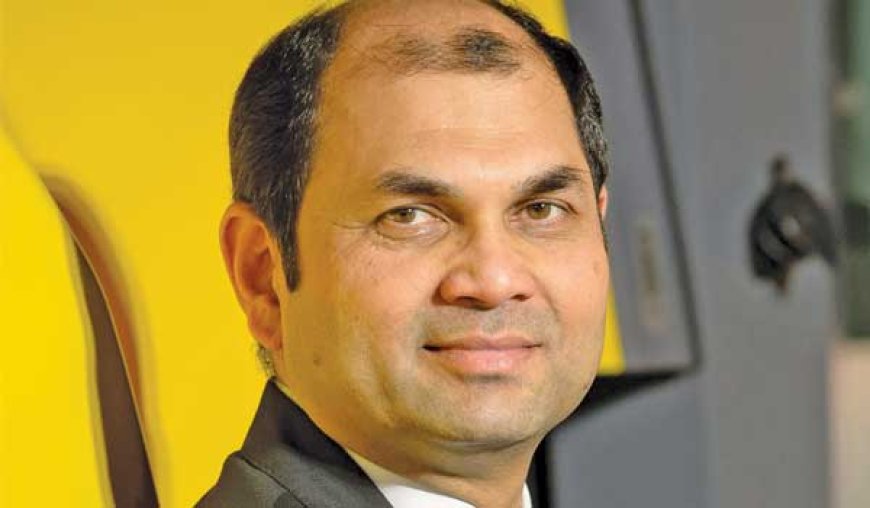
Abhijit Som, Managing Director, Fayat Road Equipment Division – India, said, "Indian construction industry is modernizing at a fast pace and this has generated the need to develop a workforce of skilled operators who have a good understanding of the machine as well as the machine application to maximise output and efficiency. As a manufacturer of advanced compaction and paving technologies in Dynapac we put the user knowhow at the top for best results from our equipment. This has generated interest in the IESC strategy of skilling operators and mechanics both for the industry. New product are now driven with digital technology wherein we can control parameters in a more accurate manner that will deliver excellent results in laying roads. The know-how Dynapac wants to develop in the country is that of understanding various functionality in the operator’s space as well as knowing what to use for the job at hand. This is achieved with a well-structured program which starts with explaining the technology behind our compaction equipment followed by functionalities that will help do better jobs."








